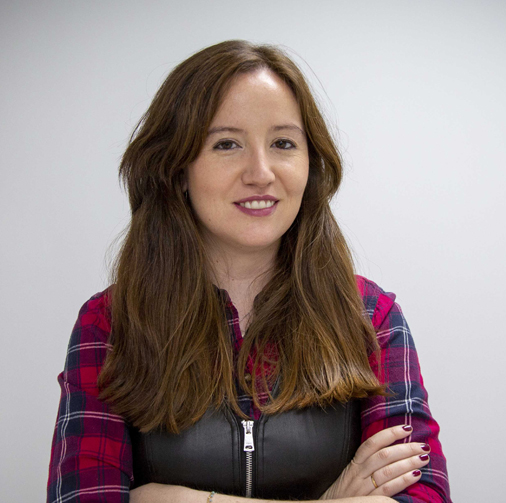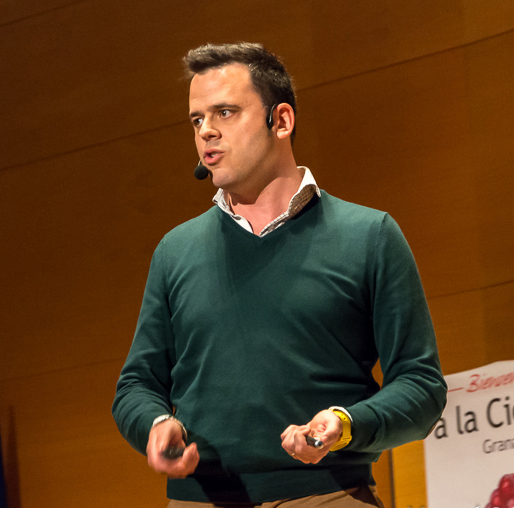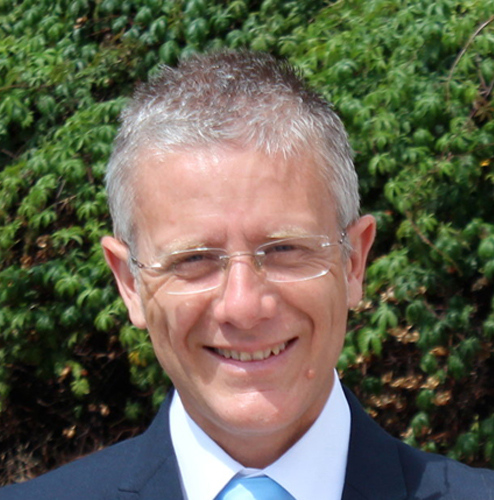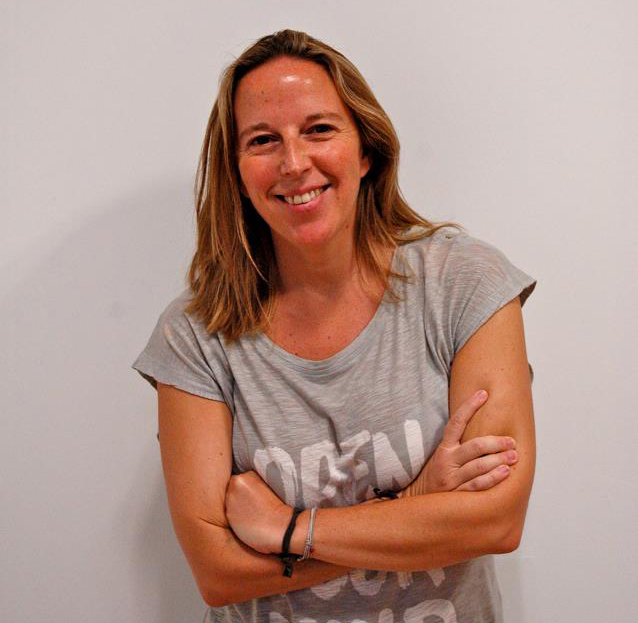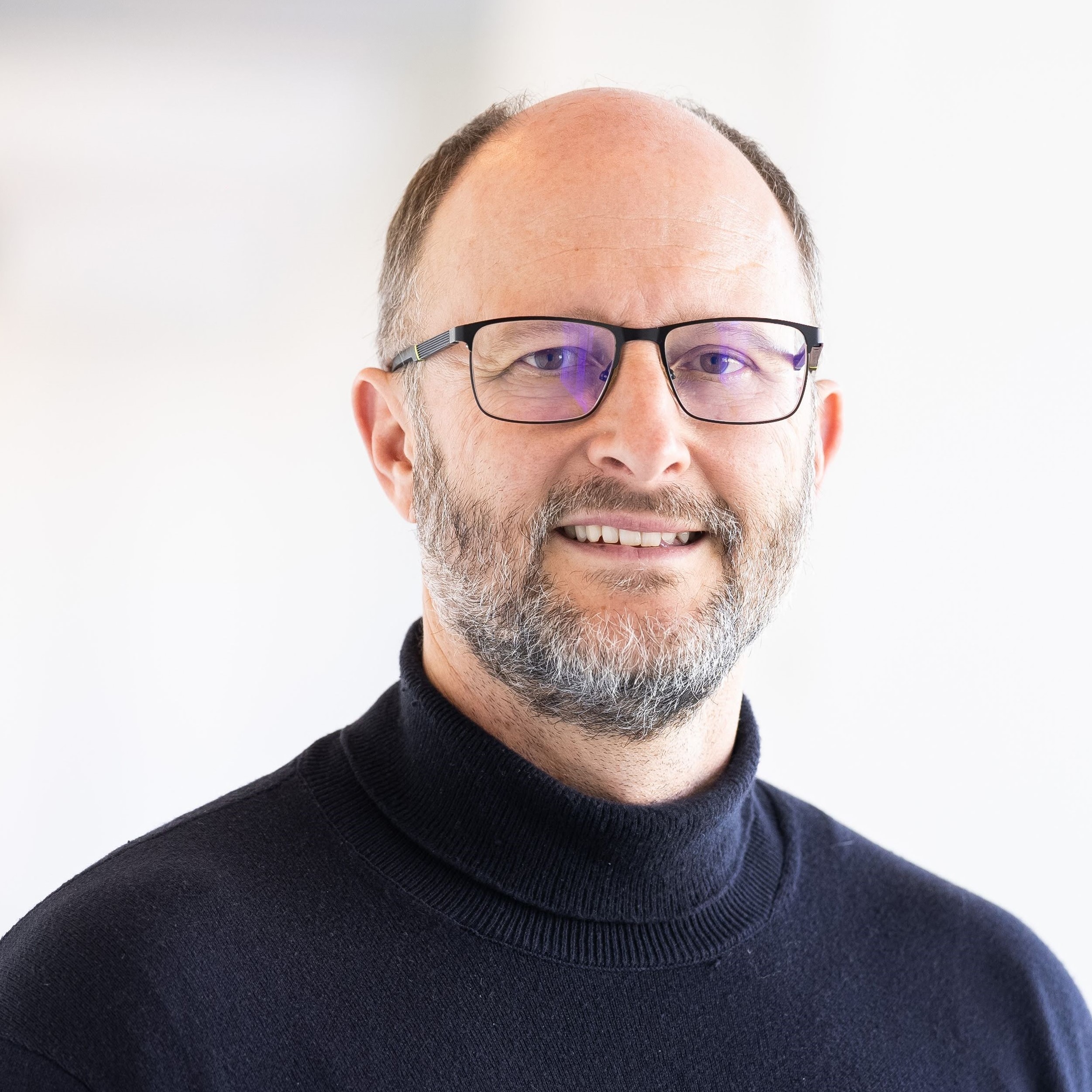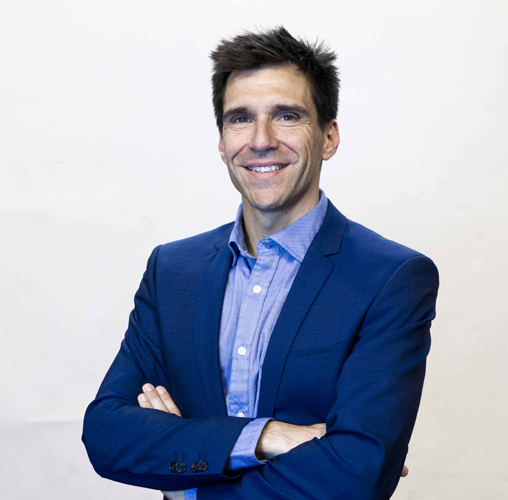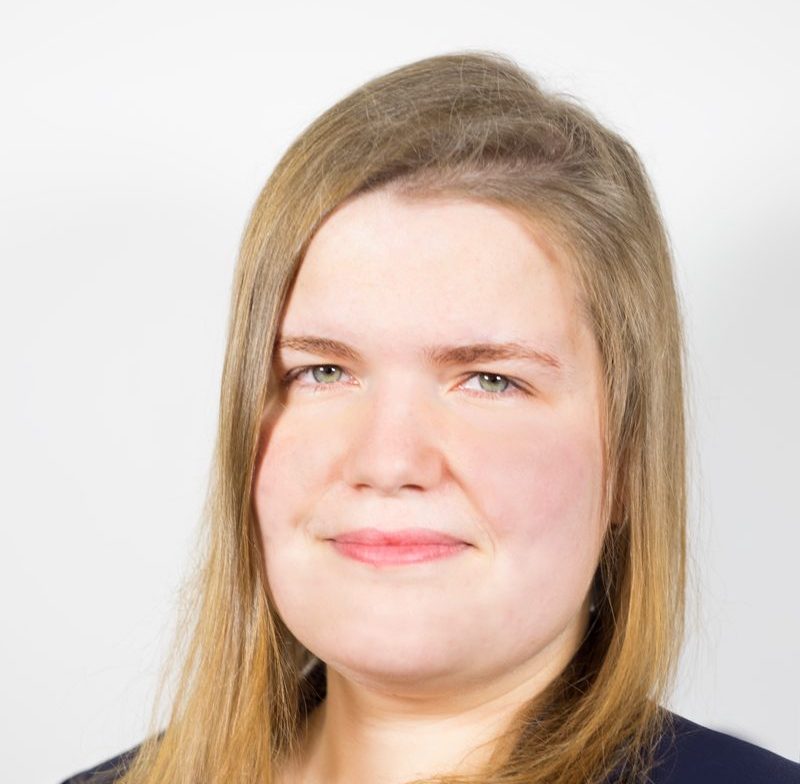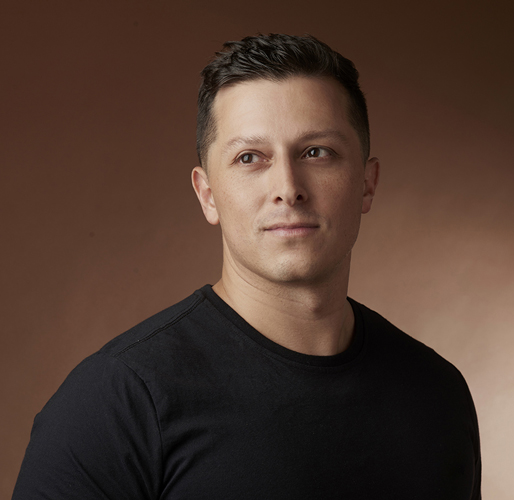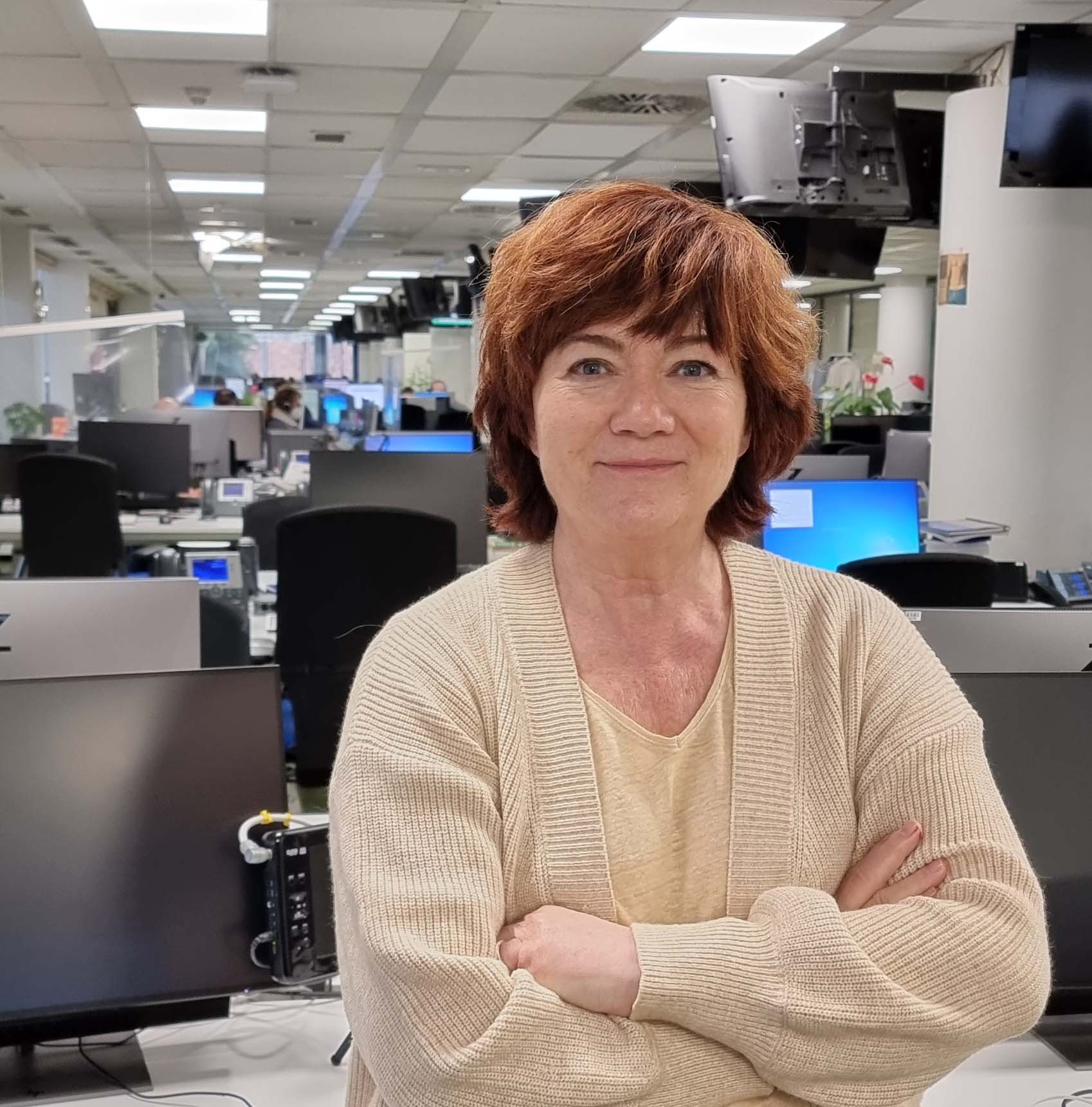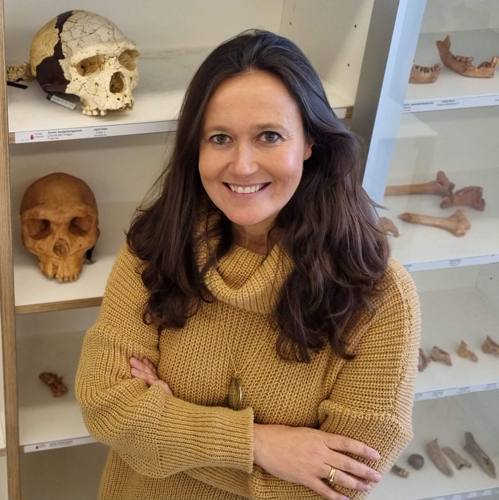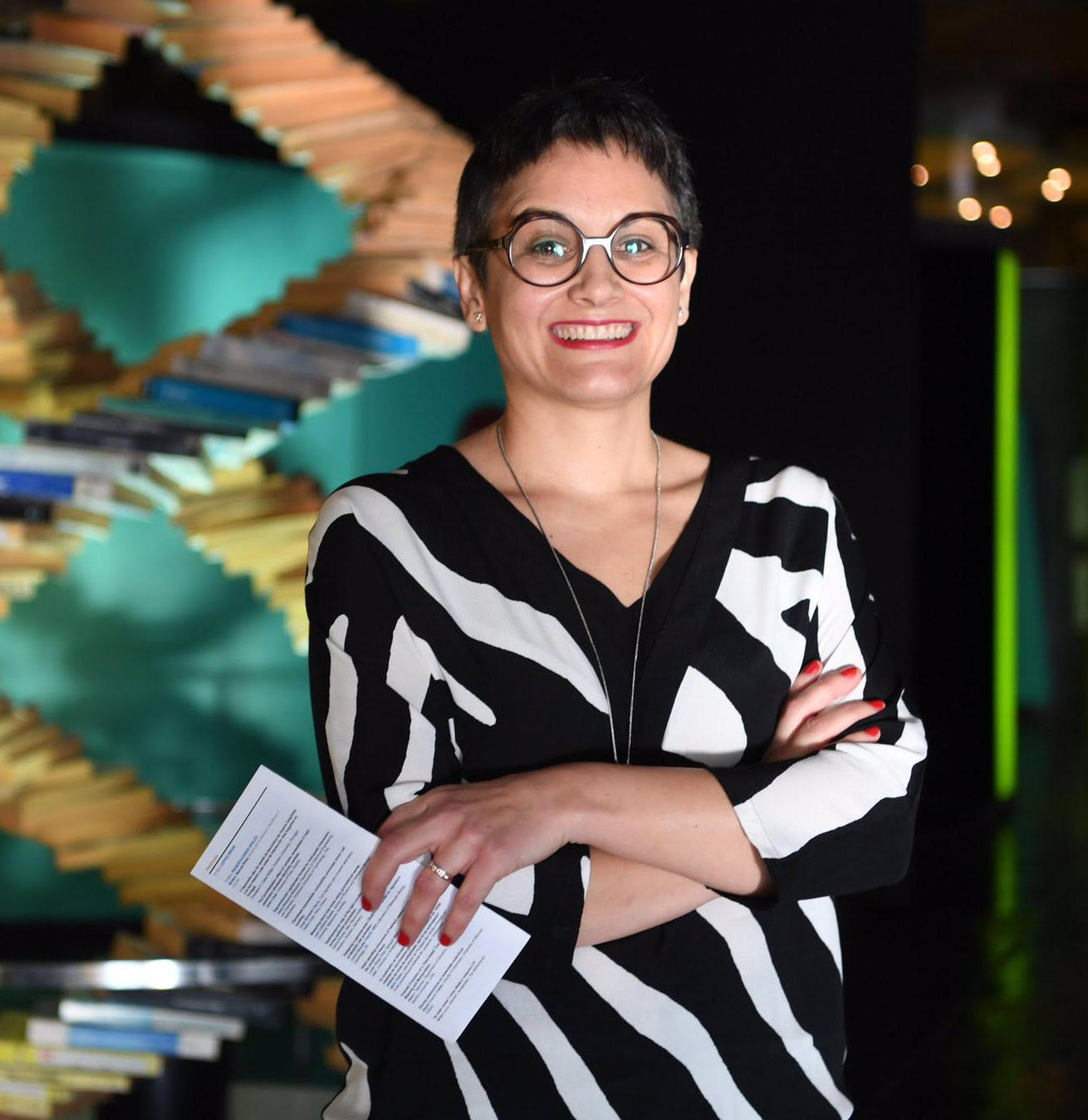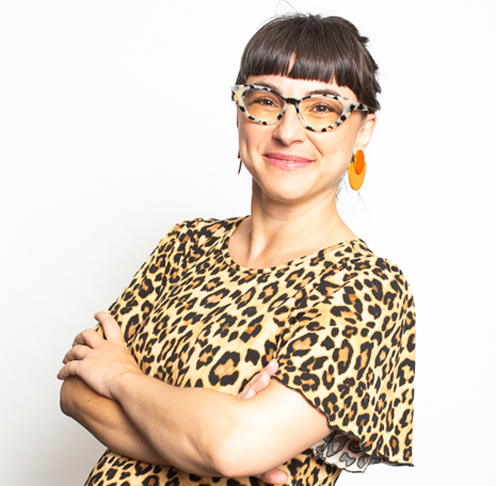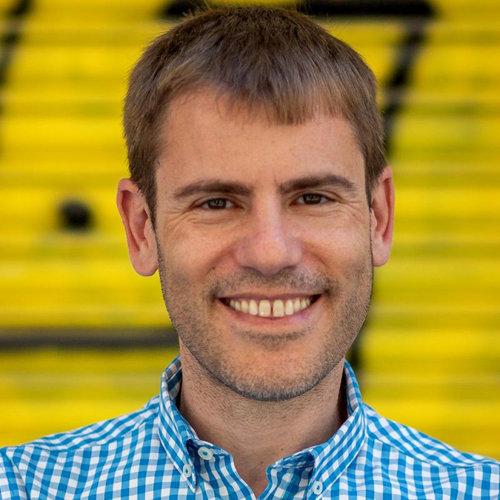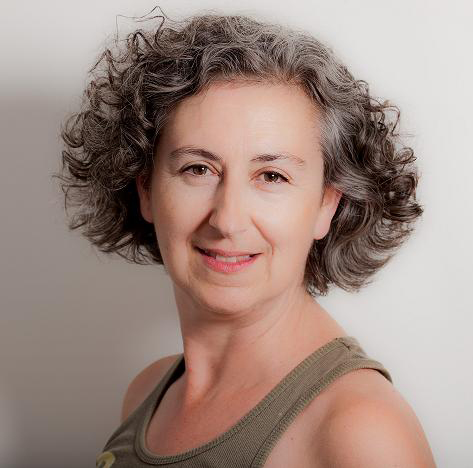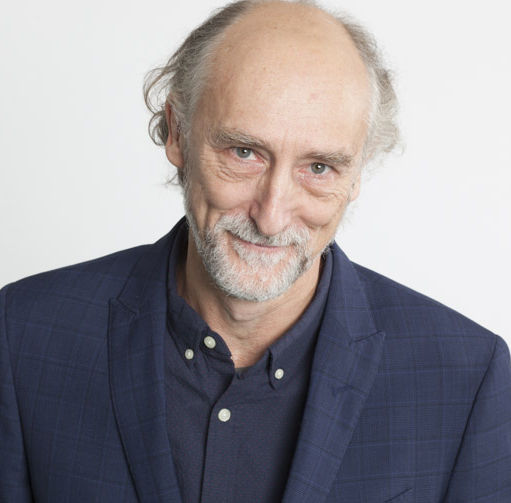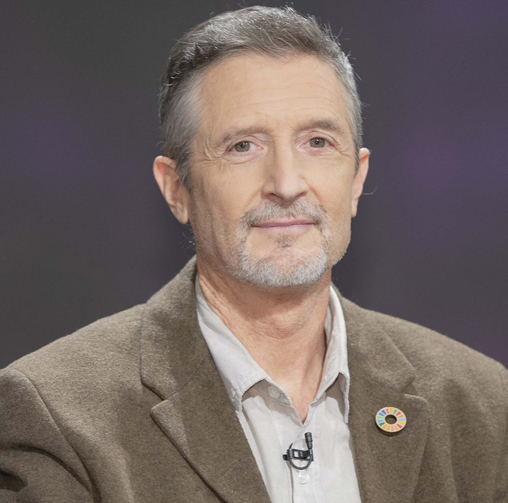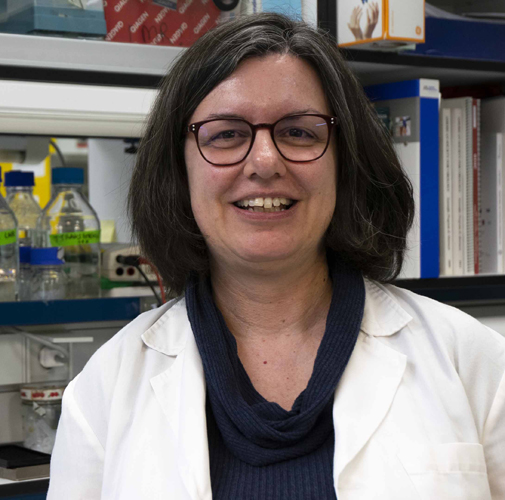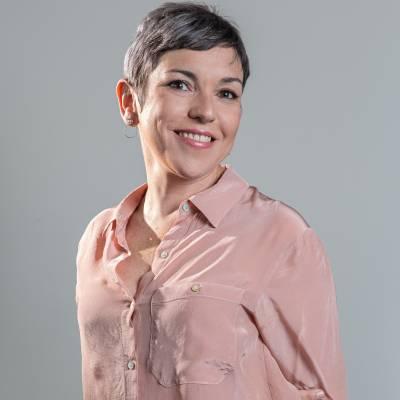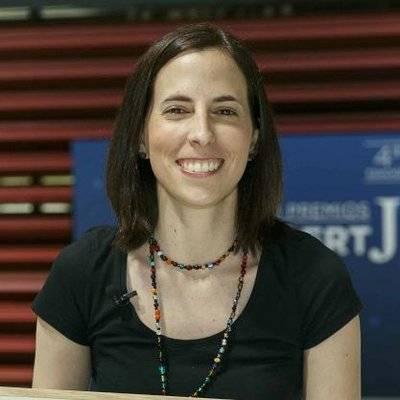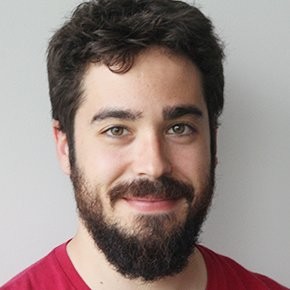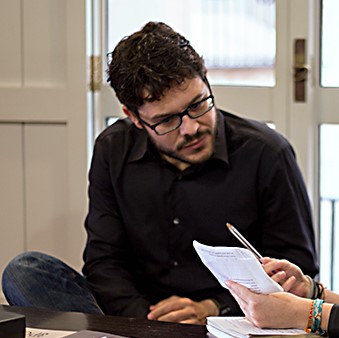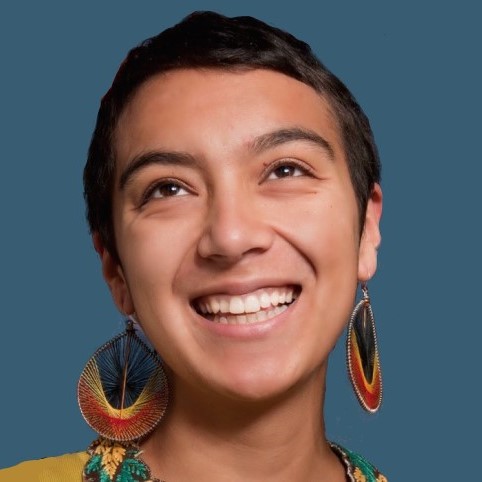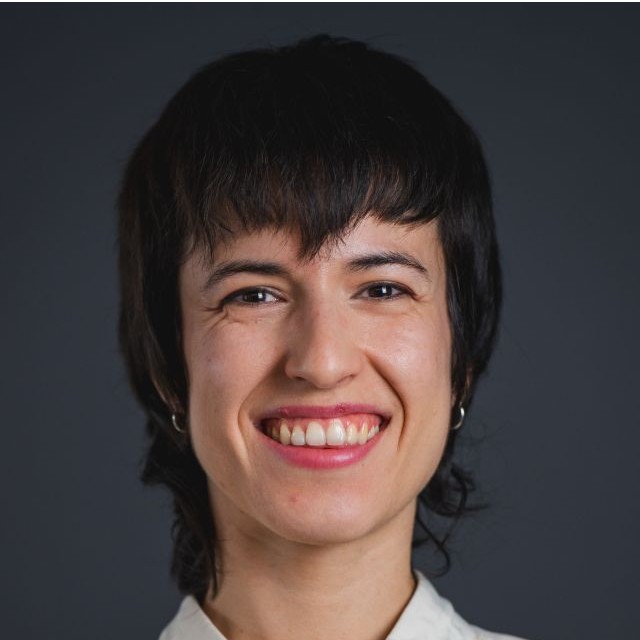The Science Media Centre Spain is what you need when science makes the headlines Yes, but what do we do, why, when and how? Where are we and who are we? All the answers are below.

The SMC Spain offers resources to journalists, researchers and press officers to cover current events when science makes the headlines.
The SMC Spain is an independent press office that offers resources, reliable content and expert sources to the media for science-related news coverage. Launched by the Spanish Science and Technology Foundation (FECYT), we are part of an international network of SMCs that originated in 2002.
Because –to quote UK's Science Media Centre– “the media will DO science better when scientists DO the media better”. Many science news stories generate controversy and improving the public debate requires context, sources and evidence.
We offer informative content to cover science news with varying degrees of depth and immediacy: quick reactions, explanations, and analyses. We also provide briefings, as well as resources on current events and communication. All of this is available under a Creative Commons license.
We keep an eye on any controversial information about science to respond with the speed that the media needs. We work with embargoes from scientific journals and monitor the public debate in case it requires specialized voices.
You can find us on this website and on social media. We also send embargoed and non-embargoed content to registered journalists so they can include it in their news coverage quickly.
Our team consists of journalists with extensive experience in scientific reporting. We collaborate with scientists and their press offices, and we are supported by our advisory committee.
The SMC Spain aims to contribute to the accurate portrayal of science in the media, with context, expert sources, and the best available evidence. Only in this way can we improve the quality of public discussion on the many current issues related to science.
This voluntary team of independent experts provides specialized knowledge and advice to the team of the SMC Spain.
When science generates controversy in the news agenda, the SMC Spain responds swiftly with 'reactions' from sources that help put the news in context. The topics we address may originate from research results (which we learn about before publication through the embargo system) or from unpredictable news (statements, crises, announcements, etc.).
We also publish articles written by specialists: 'expert voices' and explanatory articles prepared by our editorial team: 'what we know.'
We select sources based on their expertise, aiming for representative viewpoints of all the opinions that should be considered in each scientific community debate. We ensure gender balance and disclose any potential conflicts of interest for each source.
SMC Spain compiles all its scientific contacts in an internal-use-only database, categorized by area, which includes press officers. If you are a scientist and wish to be part of this database, please write to us.
The content of the SMC Spain is published under the Creative Commons BY 4.0 license, which allows for copying, distributing, publicly communicating, and transforming the content, including for commercial purposes.
- Journalists can subscribe to access embargoed content before science information is made public. They will have to agree in writing to comply with the embargo policy, and will be responsible for ensuring that embargoed materials are not disseminated, be it in part or in full. The SMC Spain reserves the right to authorise registration. In no event shall SMC Spain be liable for the misuse of embargoed material by a journalist. Failure to comply with the embargo policy will result in the journalist's automatic removal from the SMC Spain’s list.
- Press officers can register in the directory to facilitate searches by journalists. This registration will also allow the website to gather all the content in which the center's research staff has participated.
The mission of an SMC is to provide journalists with the best available science. Operational and editorial independence is achieved through:
- A statute that ensures the independence of SMC Spain, preventing any interference in its content, regardless of the subject matter.
- An advisory committee, composed of a group of independent volunteer advisors from the fields of science, engineering, medicine, journalism, and communication, who provide specialized knowledge and advice.
In addition to governance independence, sustained funding over time is another key element for SMCs. Some have achieved this through a model of external multi-funding, with a maximum participation percentage per funder, ensuring that the SMC's activity is not subject to the interests of any institution.
Other SMCs operate with public state funding and small private donations. The Spanish SMC was launched with funding from FECYT, and only if deemed appropriate in the future, donations may be sought from organizations interested in scientific information: research institutions and centers, universities, science-based companies, publishers, professional and patient societies, media outlets, research funders, and the government.
